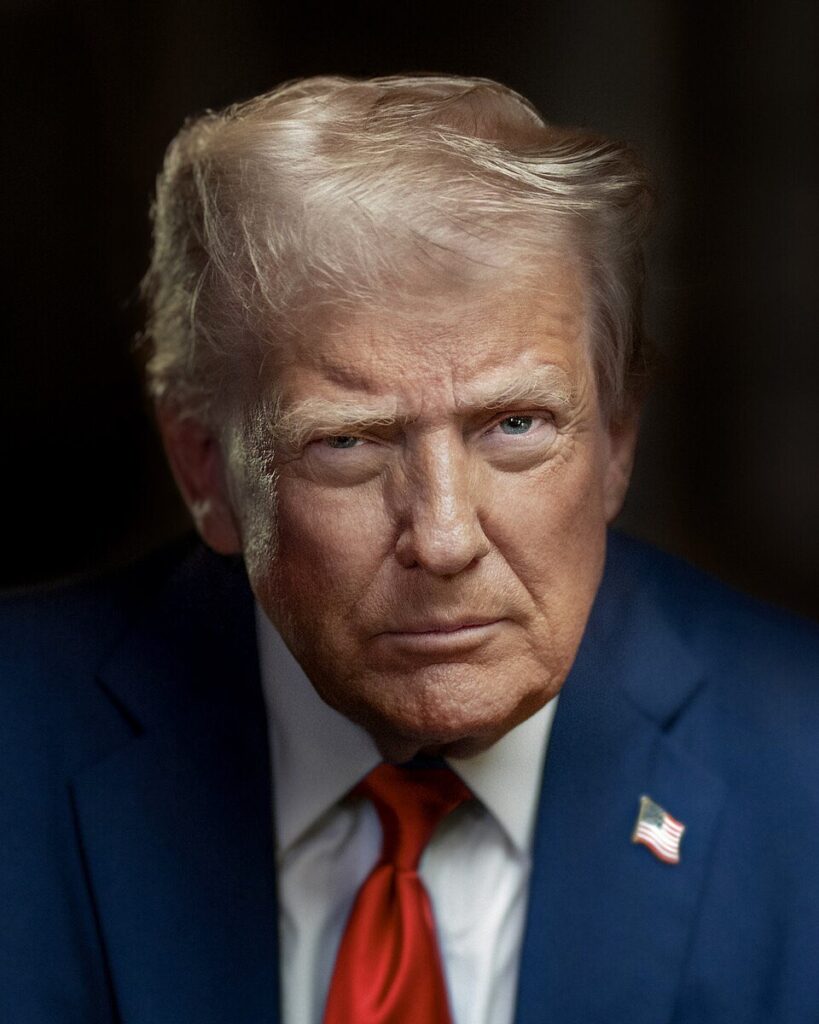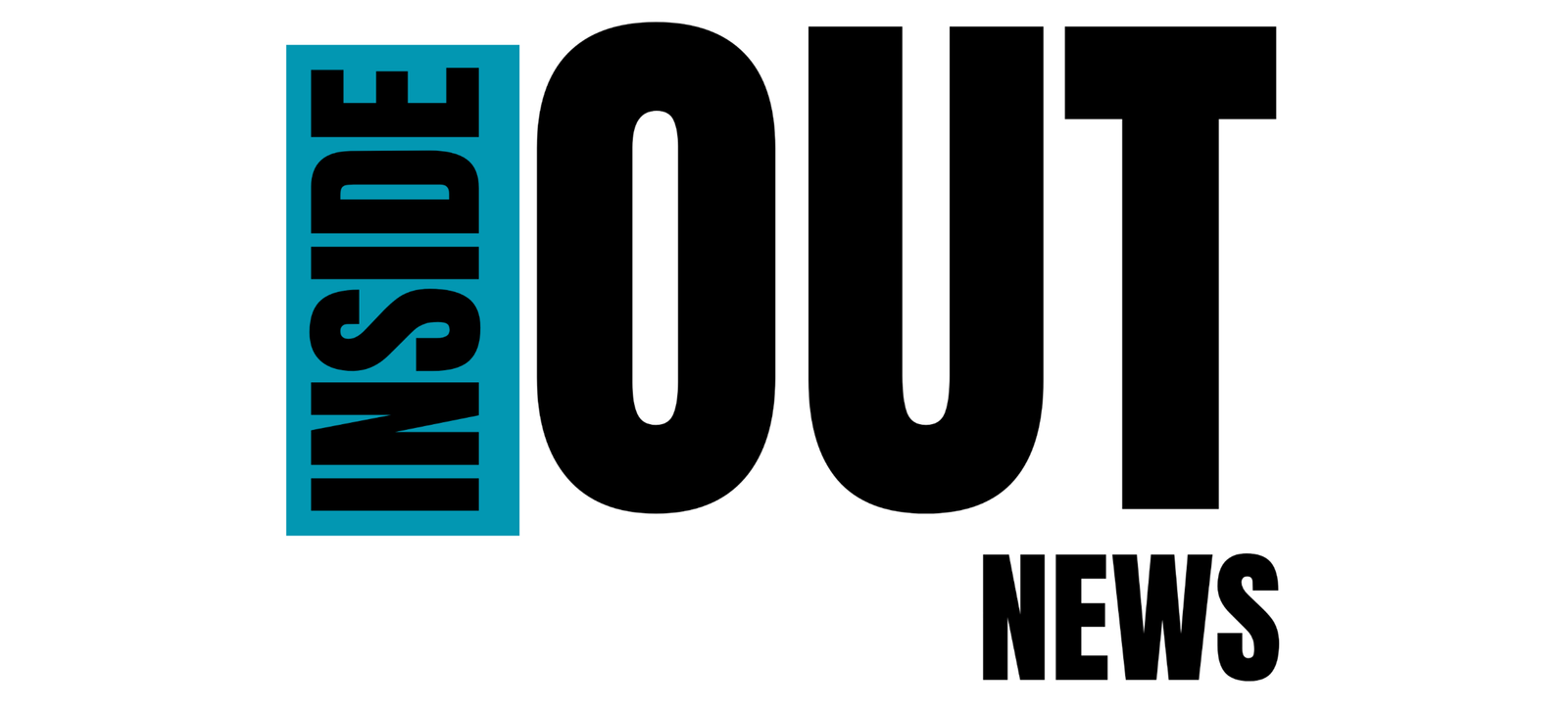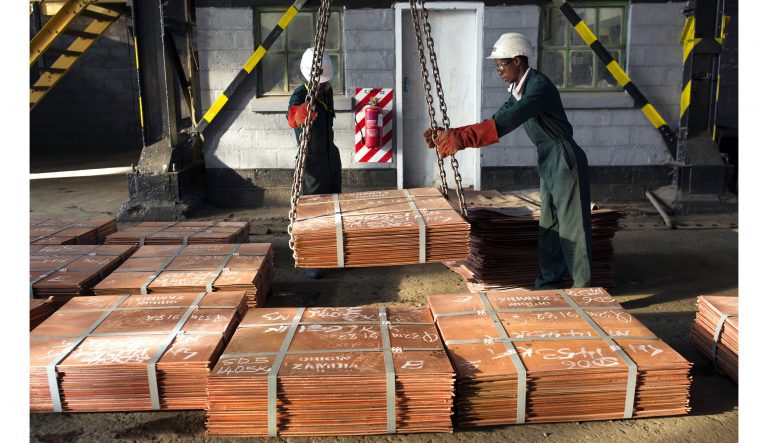Trump slams Iran and Israel for Ceasefire Violations, condemning Israel’s aggression
by Mathipa Phishego
The U.S. President Donald Trump made harsh criticisms of Iran and Israel on Tuesday for breaking a tenuous ceasefire deal, in a striking departure from his previous language. He accused the two countries of escalating tensions in the already unstable Middle East.
Trump did not mince words when he blamed the recent spike in violence during a White House press conference. “Iran’s nuclear program is in ruins, and they won’t be rebuilding it anytime soon,” he declared forcefully, pointing out the harm done to Iran’s nuclear infrastructure during recent military operations.
However, the diplomatic community took notice of Trump’s uncharacteristically harsh tone against Israel, which has generally been one of his closest allies during his presidency. “I am even more disappointed with Israel’s conduct,” Trump declared.

President of the United States of America, Donald Trump calling for a ceasefire between Israel and Iran
image: Atunes1 on X
He said they must halt the escalation and adhere to the ceasefire. The remarks represent a change in Trump’s usually unwavering backing for the Israeli government and one of his most forceful public denunciations of Israeli military activities. Trump made it plain that both sides will not tolerate ceasefire violations while denouncing Iran’s long-standing nuclear aspirations.
The goal of the ceasefire, which was mediated by an international coalition only two weeks ago, was to stop months of cross-border fighting and stop more civilian deaths. International diplomatic efforts have been undermined, meanwhile, by recent claims that both Israeli and Iranian-backed forces have resumed limited strikes.
Trump’s remarks come after days of increasing fighting in the Golan Heights, Gaza, and southern Lebanon, where civilians have once again been caught in the crossfire. Trump’s comments highlight the difficult geopolitical tightrope the US is walking in the area, managing its strategic partnership with Israel while firmly opposing Iran’s nuclear aspirations.
According to analysts, his remarks might also be an attempt to position himself as a stabilising statesman in anticipation of a possible political resurgence in 2026. Trump has consistently presented himself as a somebody who can broker “big deals” and promote peace.
He’s attempting to demonstrate strength and independence by criticising Israel, but it’s risky, especially given his longstanding pro-Israel constituency, said Dr. Laila Mansour, a Georgetown University Middle East policy expert.
International leaders responded quickly. Trump’s call for moderation was praised by European Union leaders, but Israeli Prime Minister Isaac Ben-David responded sharply, affirming his nation’s “right to defend itself.”
Iran’s foreign ministry, meanwhile, said U.S. policy still supports Israeli aggression and dismissed Trump’s remarks as political theatre. While refusing to explicitly address Trump’s comments, the Biden administration, which has taken a more subdued stance in recent days, reaffirmed its appeals for “all parties to adhere to the ceasefire and avoid provocations.”



